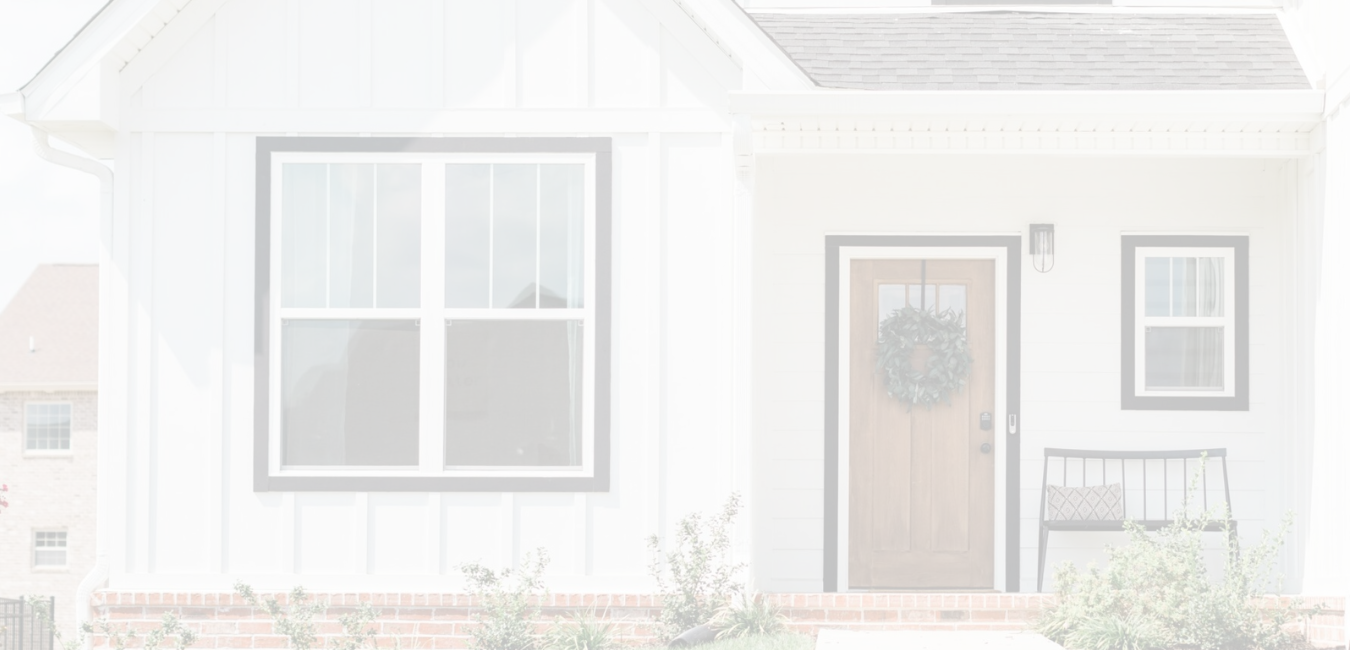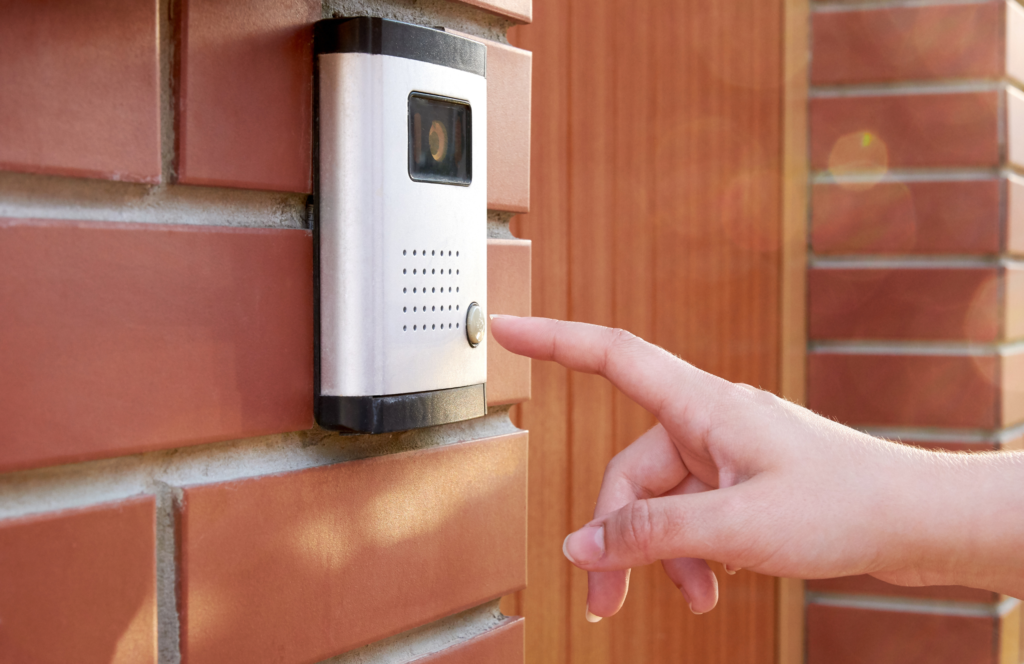Selling your home can feel like a big undertaking, but it can also be a really exciting and rewarding experience. If you’re thinking about putting your home on the market within the next year, there are a few things you can do to prepare yourself so that you aren’t rushing to do everything at the last minute. I want to share with you some tips and advice that I give to my clients to get you started and feel confident about the process. So, let’s dive in!
- Start with a plan: The first step in preparing to sell your home is to make a plan. Determine your timeline for selling and moving, set a budget for any necessary repairs or upgrades, and research local Realtors to find the best fit for your needs.
- Declutter and organize: Before putting your home on the market, it’s important to declutter and organize your space. This means removing excess clutter, packing away personal items, and organizing your closets and storage spaces. A clean and organized home will make a better impression on potential buyers. Less is best!
- Make necessary repairs: Make a list of any necessary repairs and upgrades, such as fixing leaky faucets, replacing outdated appliances, or repainting the walls. Make sure to tackle these projects now to ensure that your home is in the best possible condition for when you are ready to sell.
- Boost your curb appeal: The exterior of your home is the first thing potential buyers will see, so it’s important to make a good impression. Invest in landscaping, paint the front door, and make sure the exterior of your home is clean and well-maintained.
By taking care of this work up front you will be prepared to hit the ground running when you are ready to get your home listed. Need advice on finding a Realtor that best fits your needs? Click here for tips on finding the right real estate agent.














